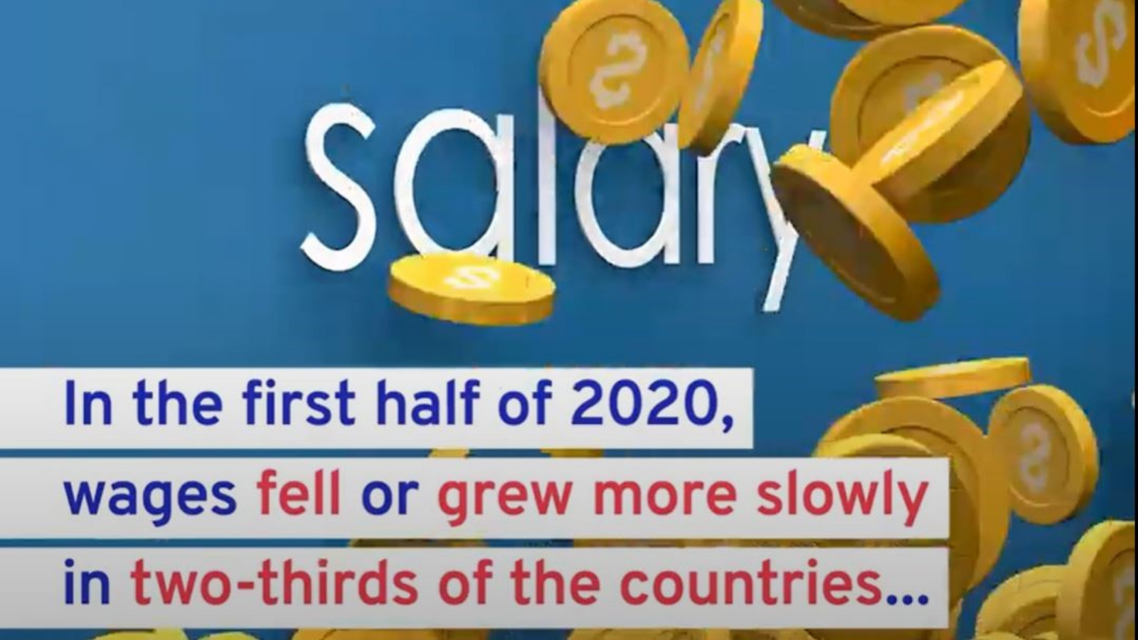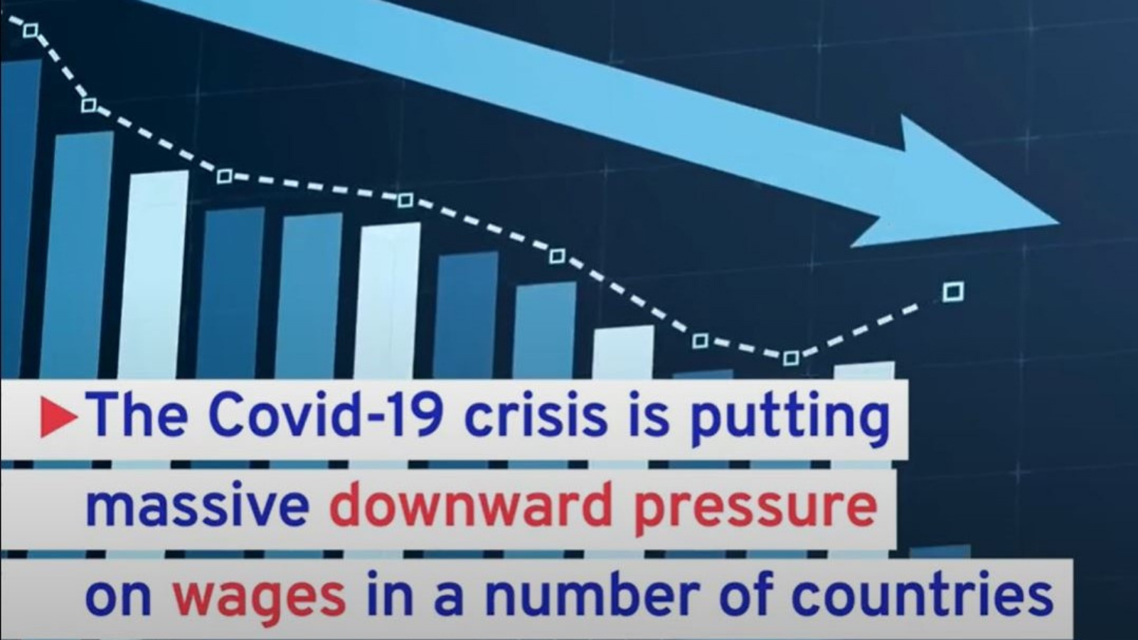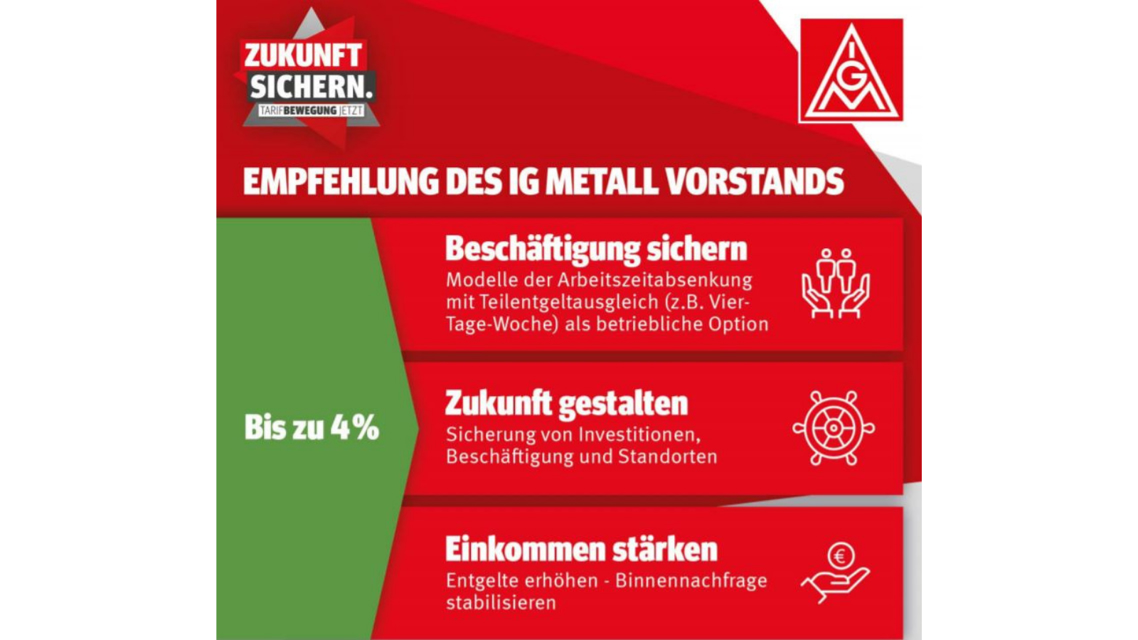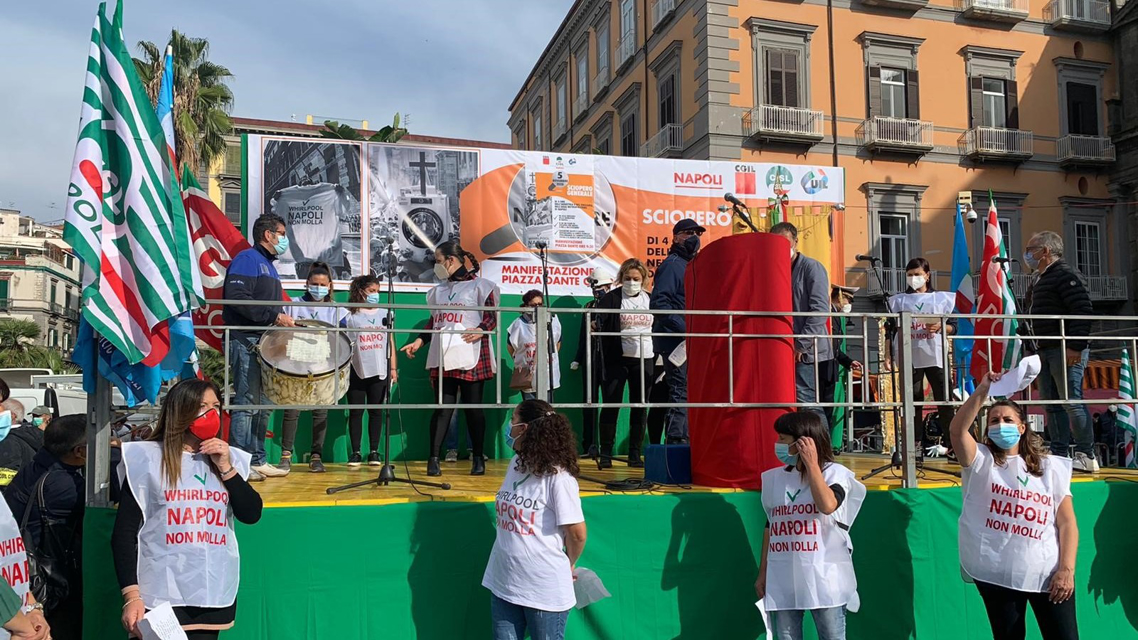Employers misusing the crisis as an excuse to push for more profit must think again. Such a strategy will only increase insecurity, uncertainty and deepen the crisis.
While COVID-19 continues to send shockwaves through the economy, public authorities in Europe are reacting with unprecedented support measures for companies.
Consequently, many companies have been able to take advantage of short time work or state-guaranteed loans to bail out and save cash. Latest figures by Eurostat show that in the second quarter of 2020, the business profit share almost recovered to pre-COVID-19 levels, as it increased from 38.0% to 39.8% in the euro area. This is explained by the sharp decrease (-16.3%) of spending on workers’ compensation (wages and social contributions are covered by the state through the job retention schemes put in place), less taxes and subsidies on production. This shows that public authorities played their part in supporting business to overcome the crisis. It must also be noted that not all sectors are struggling. We are witnessing sectors that are gaining whereas others are losing.
Although job retention schemes have mitigated the social consequences and prevented mass unemployment, many workers face deep financial hardship and must dip into their saving to make ends meet. The ILO’s latest report highlights that wage growth slowed down in the first half of 2020 and that women and lower-paid workers have disproportionately felt the effects. The report shows that in Europe, without wage subsidies, women would have lost 8.1% of their wages compared to 5.4% for men.
It is therefore imperative that employers shoulder their responsibility and engage constructively in ensuring a fair recovery. Misusing the crisis as an opportunity to call into question established agreements and roll back on workers’ rights is not acceptable.
Trade unions are playing their part. They are fighting for a fair redistribution of the profit which workers helped produce and for a fair recovery that can only be achieved together with the workers. We are highlighting here some examples of how our members try to ensure that workers get their fair share:
- In Sweden, IF Metall and Unionen are part of the newly agreed national collective agreement which obtains a 5.4% wage increase over a period of 29 months and includes early retirement and part-time pensions. The agreement also secures additional funds for skills development.
- In Germany, IG Metall is demanding a pay rise and job security through schemes for reducing working hours with partial wage compensation. IG BCE is currently negotiating agreements whose general objective are pay rises that offset inflation and add an extra increase, plus a one-off corona bonus. Similar results were also reached in the new metal sectoral agreement in Austria.
- In Belgium, thanks to unions’ pressure, the government increased the unemployment allowance during this crisis to 70% from 65%. In addition, unions are supporting members in need through the additional financial supplements from their sectoral solidarity funds.
- In Italy, unions continue the fight in the metal sector against employers’ attempts to block all collective bargaining negotiations. They staged a general strike 5 November 2020.
- In the Netherlands, the metal unions are provoked by an inacceptable offer made by the employers and threaten industrial action. This is the fourth time in a row that employers have engaged in a fight over a fair and decent collective labour agreement. The last three times, the trade unions successfully took action for improved working conditions. Now they are preparing themselves for yet another victory.
Isabelle Barthès, Deputy Secretary General of industriAll Europe, said: “Employers misusing the crisis as an excuse to push for more profit must think again. Such a strategy will only increase insecurity, uncertainty and deepen the crisis. We condemn the selfish and irresponsible attitude displayed by some and demand that they join trade unions at the bargaining table and find balance solutions to ensure that workers do not bear the brunt of this crisis. We must act in the long-term interests of all.”
Contact: Andrea Husen-Bradley (press and communication), Patricia Velicu (policy adviser)



.jpg?width=1200&height=640&rmode=max&format=jpg&quality=100)

